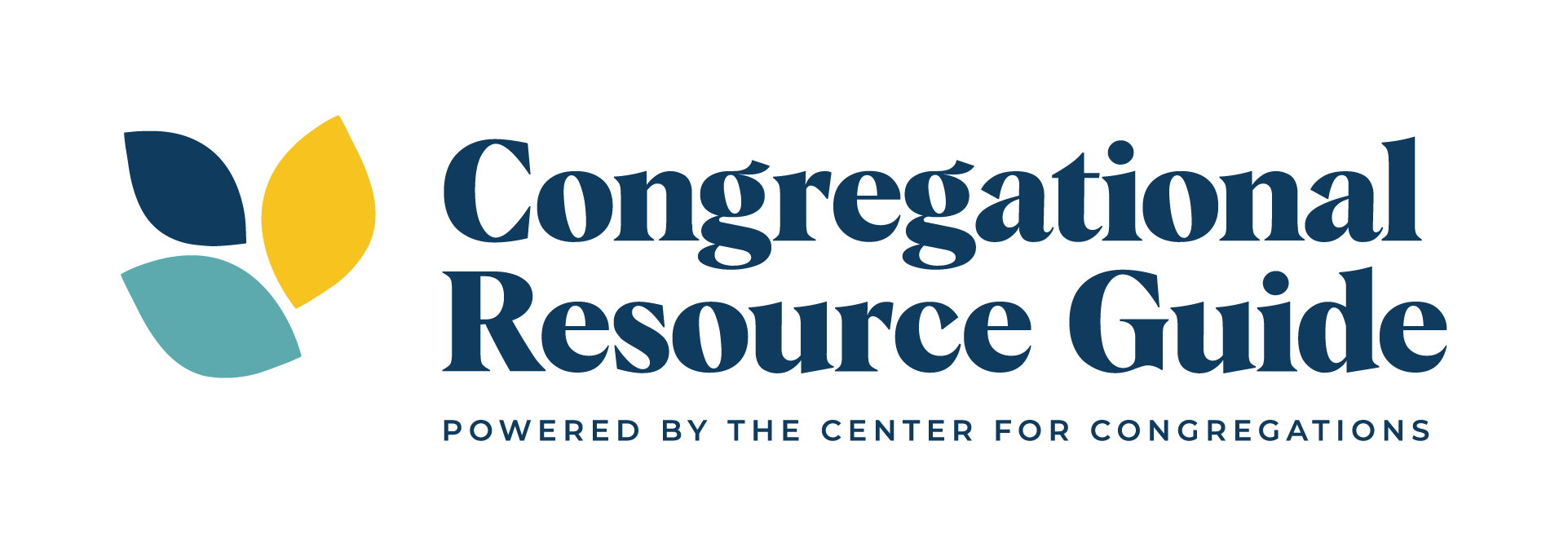Congregational life includes beliefs. Some congregations ask folks to believe certain things in order to be members. Your congregation may welcome questions about certain beliefs. Your congregation may host learning experiences that help you go deeper into theology. Yes, congregational life includes beliefs.
Congregations often invite us to deeper thinking, not just about beliefs but about life. The congregation in which I grew up had an open forum Sunday School class. This class helped people talk about so many important things in life: parenting, politics, marriage, vocation, education, health, medical ethics, science and much more.
Congregational life evokes emotions
If you are active in your congregation, you are going to feel joy. You are going to feel sadness. You may find yourself angry. Or you may be in worship overwhelmed with a feeling of gratefulness.
Many vibrant congregations pay attention to behavior. Not just good behavior at a team or committee meeting, but also the practices of prayer or generosity. Congregations can (and should) be a place which teaches us how to act on our faith commitments.
Practice
There is a framework that takes into account beliefs, thinking about life, emotions and behavior. This framework is called practice. A practice is an expansive, almost universal action with a long history that includes standards of excellence and is commonly followed in community.
Washing one’s hands isn’t a practice. It is almost universal, but it just isn’t expansive enough. It is an activity, not a practice. Love is universal. But I’d argue it is more of an emotion than a practice. Hospitality is a practice. Generosity is a practice. Decision-making is a practice.
What makes a practice a religious practice?
It is the degree to which one brings to bear one’s religious understandings to shape the practice.
Two people who have much to offer regarding the framework of practice are Dorothy Bass and Craig Dykstra. As we moved into a new century, they really helped those of us who care about congregations recover a sense of Christian practice.
If you are interested in learning more about how your congregation can benefit from this framework of practice, explore the resources listed below. Remember, one of the best things about a practice framework is the integration of beliefs about God, thinking about life, emotions and behavior. It is all there. It is more than a belief or a feeling. It is more than a thought or a behavior. It might just be a way of life.



